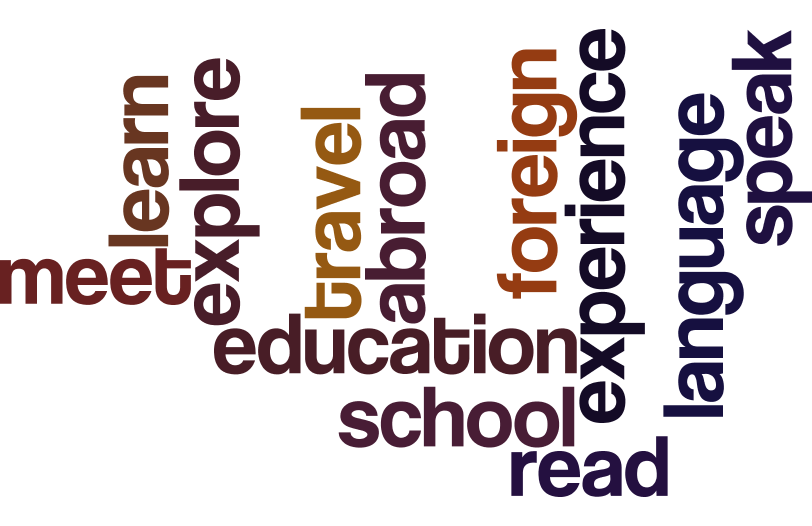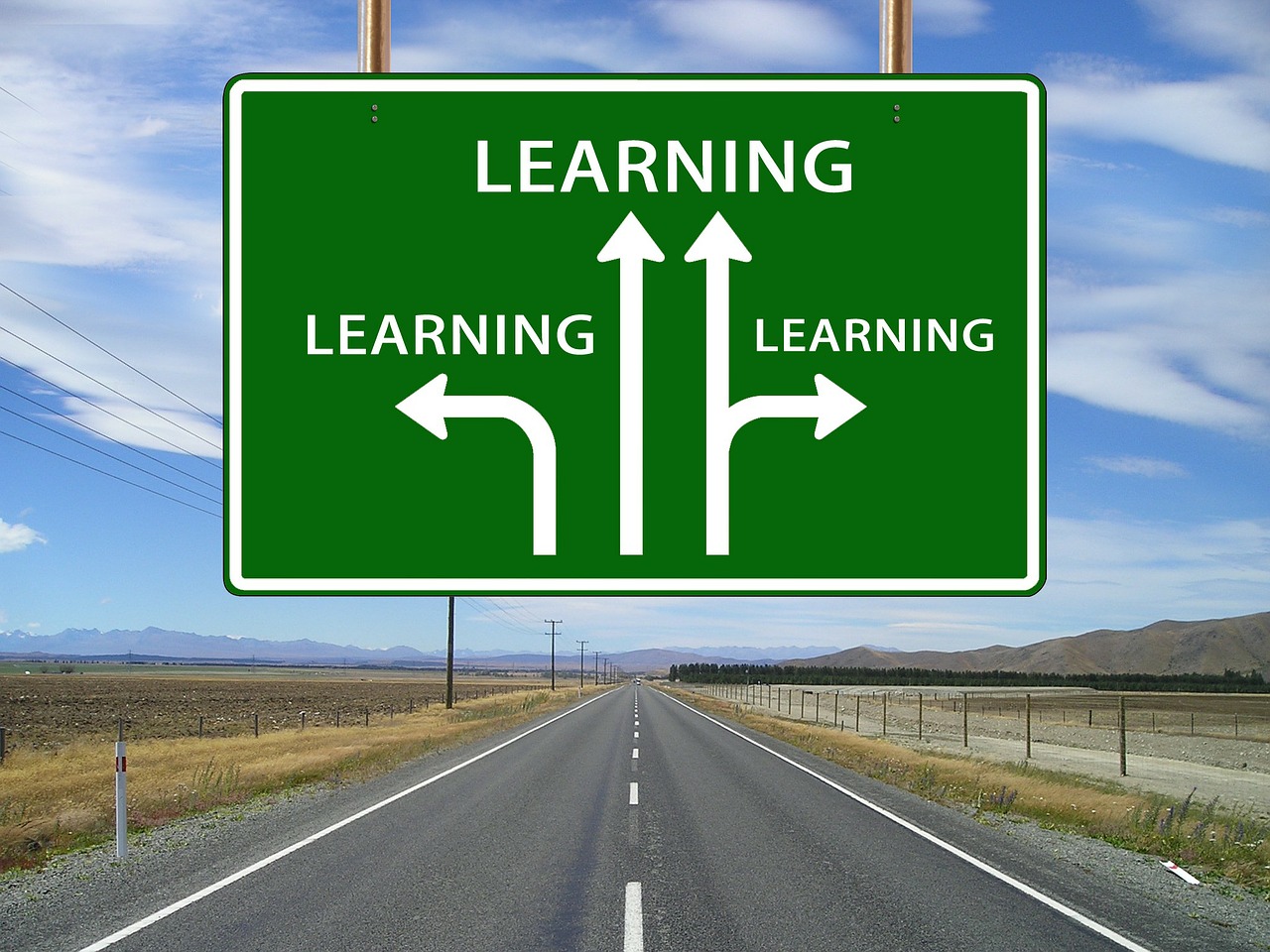Why Languages Are So Hard To Learn And Which Are Easiest
Why Languages Are So Hard To Learn And Which Are Easiest Languages are the easiest to learn when you’re young, especially if your parents are of different nationalities. As you get older it gets harder, not only because your brain is less receptive, but also because you have more responsibilities, which can be time-consuming. …
Continue reading “Why Languages Are So Hard To Learn And Which Are Easiest”


